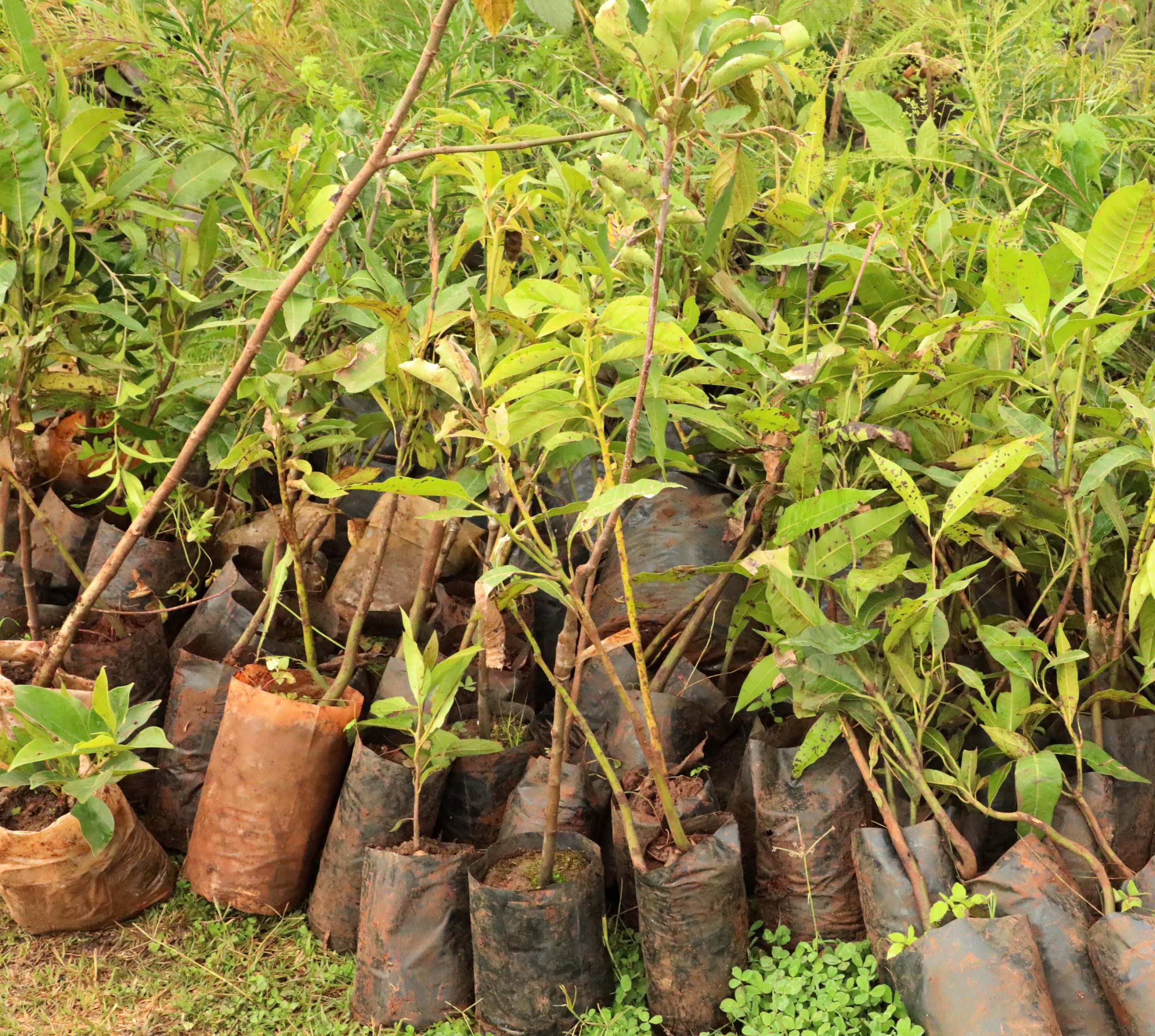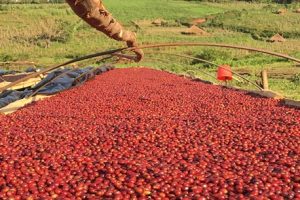
In recent years, volunteerism during Ethiopia’s rainy season has become the habit of most youths across the country. During these times, the youth have been taking part in various activities to solve the problems of the society and support development agendas of the country. Now, it has become common to see the youth involving in various service provision activities at every corner.
According to the Ministry of Women, Children and Youth (MWCY), more than ten million youth volunteers are taking part in different voluntarism activities this rainy season.
Alemayehu Mamo, MWCY Senior Public Relations and Communications Expert recently told The Ethiopian Herald that the ministry has been undertaking different activities to make volunteerism culture of the community and raise people’s awareness towards benevolence.
By engaging in 10.1 million youths in various voluntarism activities nationally, the country is planning to provide various social services which is estimated to have a value of 7.6 million Birr. It is also expected that voluntarism activities will benefit over 23 million people.
Besides benefiting the society, the voluntarism activities will enable the participant youth to acquire knowledge and adopt new skills. They can also learn from each other while volunteering together.
The participation of the youth, which accounts for more than half of the country’s population, could bring about tangible results in economic, social and environmental aspects of development. Especially, at this critical time where the country is planning to plant more than five billion tree seedlings during this year’s green legacy campaign, these volunteers can play an essential role in achieving the nationally set goals. Their support will help to increase the country’s forest coverage.
This year, ten major sectors have been identified to engage the youth in voluntarism which include COVID-19 prevention and awareness campaign, blood donation, counselling, humanitarian activity, traffic road security and environmental conservation activities among others. Particularly, the tree plantation campaign has received due emphasis to participate all citizens especially youth volunteers, said Alemayehu.
The participation of volunteer service provider youths in tree plantation activity is considered central in reinforcing the contribution of citizens in an organized manner. It further helps for the achievement of the Climate-Resilient Green Economy (CRGE) initiative which has a unique outcome in the efforts to reduce the adverse effects of climate change by building a green economy.
Globally climate change, rising population, resource scarcities and price volatilities put the majority of people under pressure. To reverse the current circumstance, everyone has his or her contribution while standing together with the others. And Ethiopia is one of the first countries in Africa to develop a green growth strategy to solve these multifaceted problems. The country’s leadership and its early attempts through greening its economy to achieve more inclusive growth are of real interest for a world in which alternative growth models for long-term sustainable development. Several governmental and non-governmental institutions have been driving the CRGE initiative to lessen the greenhouse gas emissions and support a sustainable growth model. Moreover, the participation of youth volunteers is a synergy to support the initiative.
Recently, Prime Minister Dr. Abiy has held discussions with key stakeholders including national steering committee members, technical committee members, regional presidents and influential personalities that will be engaged in public mobilization to review the preparations to implement the national green legacy initiative.
Citing key success factors from last year’s planting season as great public mobilization, active engagement of government leadership, institutional coordination and stakeholders’ participation, the need to build on these good experiences was indicated.
While the target for this year is to plant five billion trees, preparations have been undertaken to implement the required number of seedlings since the end of last year’s planting season. So far, the country has planted 2.9 billion tree seedlings since the launch of the second green legacy campaign. The government has emphasized the importance of the Green Legacy initiative in the overall goal of planting 20 billion trees within the next few years that aimed to tackle the effects of deforestation and climate change in the country.
“Besides the green legacy campaign, this year’s campaign has given due emphasis to prevention and awareness creation campaign in relation to the COVID-19 pandemic. The youths will take part in the green initiative in a way that takes the prevention of the COVID-19 pandemic into consideration,” he added.
He also said that the Ministry is planning to put in place a system so that the active participation of the youth in voluntarism is not a one time issue. In the long term, this kind of initiatives can be used as a mechanism to create permanent and sustainable jobs for the youth.
Last year, Ethiopia seized recorded of planting of over 350 million trees in a single day by mobilizing its public. As to Abiy, an initiative that designed to strengthen the green economy enables to mitigate the impact of climate change. It will also offer a good opportunity for agricultural to boost production efficiency and building a sustainable environment.
The Ethiopian Herald July 23, 2020
BY TSEGAYE TILAHUN





